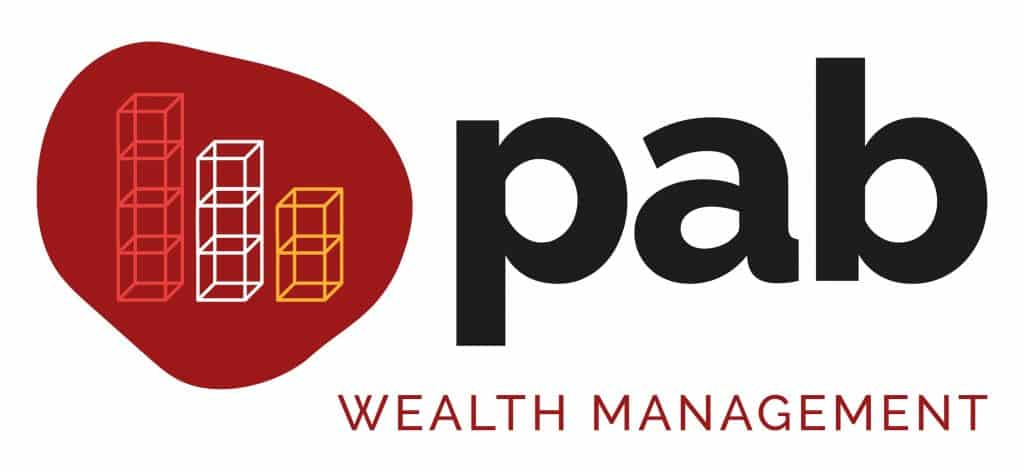Buying your first home is an exciting milestone in life, but it can also be a daunting financial journey, especially in the UK where property prices can be high. To make your dream of homeownership a reality, it’s crucial to be financially prepared. In this blog post, we’ll guide you through the essential steps to ensure you’re financially ready as a first-time buyer.
- Establish Your Budget
The first and most crucial step is determining how much you can afford to spend on your first home. To do this, consider your current financial situation, including your income, expenses, and savings. Use online mortgage calculators to estimate your potential monthly mortgage payments and factor in additional costs like buildings insurance, life insurance, and maintenance.
- Save for a Deposit
In the UK, you typically need a deposit of at least 5-10% of the property’s purchase price. The larger your deposit, the better your mortgage options will be with the potential for a cheaper interest rate. Start saving early and consider setting up a dedicated savings account to track your progress. You may also be eligible for government schemes like the Lifetime ISA, which can boost your savings with government contributions.
- Check Your Credit Score
A good credit score is essential for getting approved for a mortgage with favourable terms. Request a credit report from one of the UK’s credit agencies and review it for any errors. Pay off outstanding debts and bills, and ensure you make all your payments on time to improve your credit score.
- Reduce Existing Debts
Before applying for a mortgage, it’s wise to minimise your existing debts. High levels of debt can negatively impact your borrowing capacity. Focus on paying off credit card balances and loans to improve your financial health.
- Understand Mortgage Options
Research the various mortgage options available in the UK, such as fixed-rate, variable-rate, or tracker mortgages. Each type has its pros and cons, so make sure to choose the one that best suits your financial situation and long-term goals. Consult with a mortgage advisor to get personalised advice.
- Calculate Additional Costs
Aside from the deposit and monthly mortgage payments, there are other costs associated with buying a property. These include solicitor fees, surveyor fees, stamp duty (if applicable), and moving costs. Be sure to factor these into your budget to avoid surprises.
- Get An Agreement In Principle
Getting a mortgage Agreement in Principle is a smart move. It shows sellers that you are a serious buyer and can speed up the purchasing process. You can approach multiple lenders to compare offers and choose the one that offers the best terms.
- Plan for the Future
Think long-term when buying your first home. Consider how your financial situation may change in the coming years and how your home fits into your overall financial goals. It’s essential to strike a balance between your dream home and financial stability.
- Seek Professional Advice
Don’t hesitate to seek guidance from professionals, such as mortgage advisers and solicitors. They can provide valuable insights and help you navigate the complexities of the home-buying process.
Becoming a first-time homeowner in the UK is an achievable goal with careful financial planning and preparation. By establishing a budget, saving for a deposit, improving your credit score, and understanding your mortgage options, you can set yourself on the path to homeownership. Remember that financial readiness is key to making your homeownership dreams come true.

